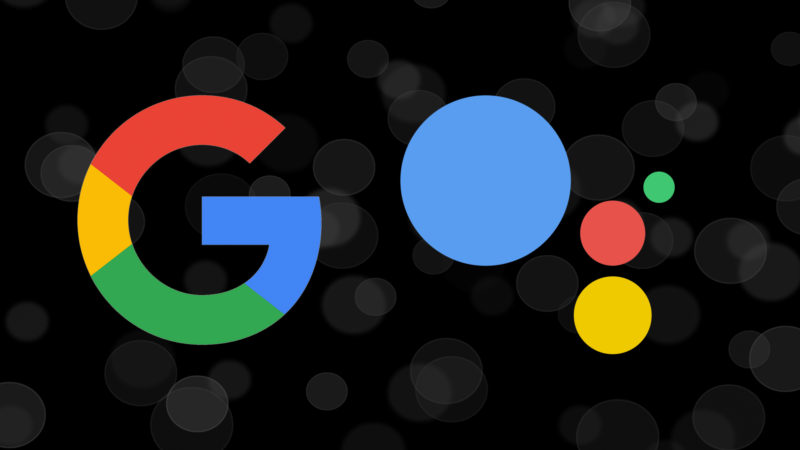Search only mentioned twice in a nearly two-hour keynote that saw a long list of announcements.
Google Assistant has fast become one of Google’s marquee products and a critical component of Google’s competitive strategy versus rivals Apple and Amazon. Today, at Google I/O, the company announced a long list of new features, capabilities and improvements.
First, the obligatory impressive numbers. The Google Assistant is now on 500 million devices globally, including TVs and cars, in 80 countries and 30 languages by the end of 2018. It also works with 5,000 connected home devices. Apple, Microsoft and Amazon all have large numbers they can cite, though other than Apple, not as much distribution.
Here are the highlights of the Assistant-related announcements this morning:
New voices for greater personalization
Google said there will be six new Assistant voices, as well as some limited voice content from musician John Legend. The latter points to more celebrity/character voices and more customization. The company also said that they can create new Assistant personas in a compressed time frame because of AI technology and WaveNet.
Google Assistant has been “cold” compared to Siri and Alexa, and this new personalization will make it more appealing to more people.
Continued conversation without ‘Hey Google’
Amazon recently introduced the ability to ask follow-up questions without invoking the assistant with “wakewords.” Today, Google did something similar, allowing users to have a more natural conversation, including follow-ups, without punctuating that conversation with “Hey Google” or “OK Google.” The company also touted improved natural language understanding generally.
Custom routines, scheduled routines
Routines combine tasks and are invoked with a single command. The company today announced “custom routines” that combine actions in a string (e.g., turn on lights, music, turn off TV). These routines can have customized names to initiate them. Routines will also be capable of being scheduled later this year, so that they automatically happen at a specific time.
Smart displays coming in July
At CES this year, several hardware makers, like Lenovo, showed off “smart displays,” screens with the Google Assistant built in. Today, it showed off a few more and talked about combining voice with a “rich visual experience.”
These devices, which can be navigated with voice but equally with a touch screen, put pressure on Amazon to improve the Echo Show or bring out new devices with screens. This is also a natural for Apple.
Google also promoted video calling (with Duo) and YouTube TV, which will be available on smart displays. (Google pushed YouTube TV in multiple contexts during the keynote today.) The first of these devices will be available to purchase in July, according to the company.
Richer visual experience on smartphones
On the heels of its discussion of smart displays, Google showed off a richer visual experience for the Assistant on smartphones. In some cases, users could take action from within the results screen (e.g., adjusting a thermostat). There was also a demo of a food ordering/delivery experience from within the Assistant. Beta partners include Starbucks, Doordash, Applebee’s, Dunkin’ Donuts and Domino’s.
This is part of Google’s larger effort to make search and the Assistant a controller for all your apps.
Actions in Google Maps
The Assistant is also coming to navigation in Google Maps. That will enable users to send texts and play podcasts or music from within Google Maps.
Duplex: AI-driven phone scheduling for SMBs
Arguably the most intriguing announcement this morning was “Duplex,” an AI-driven phone based-system for booking appointments with local businesses without online scheduling capabilities. There were two demos: one involving booking a haircut and the other a complex restaurant reservation. We heard a natural-sounding Assistant voice interact with actual humans over the phone and have a complex multi-step conversation. Turing test, take that!
Of course, these were recorded, not live. But it was very impressive — capital V. Here’s what Google says about the new “experimental” capability:
A long-standing goal of human-computer interaction has been to enable people to have a natural conversation with computers, as they would with each other . . . Today we announce Google Duplex, a new technology for conducting natural conversations to carry out “real world” tasks over the phone. The technology is directed towards completing specific tasks, such as scheduling certain types of appointments. For such tasks, the system makes the conversational experience as natural as possible, allowing people to speak normally, like they would to another person, without having to adapt to a machine.
Undoubtedly, the actual technology today falls short of the ambition, but it’s remarkable if Google is closing in on this capability.


